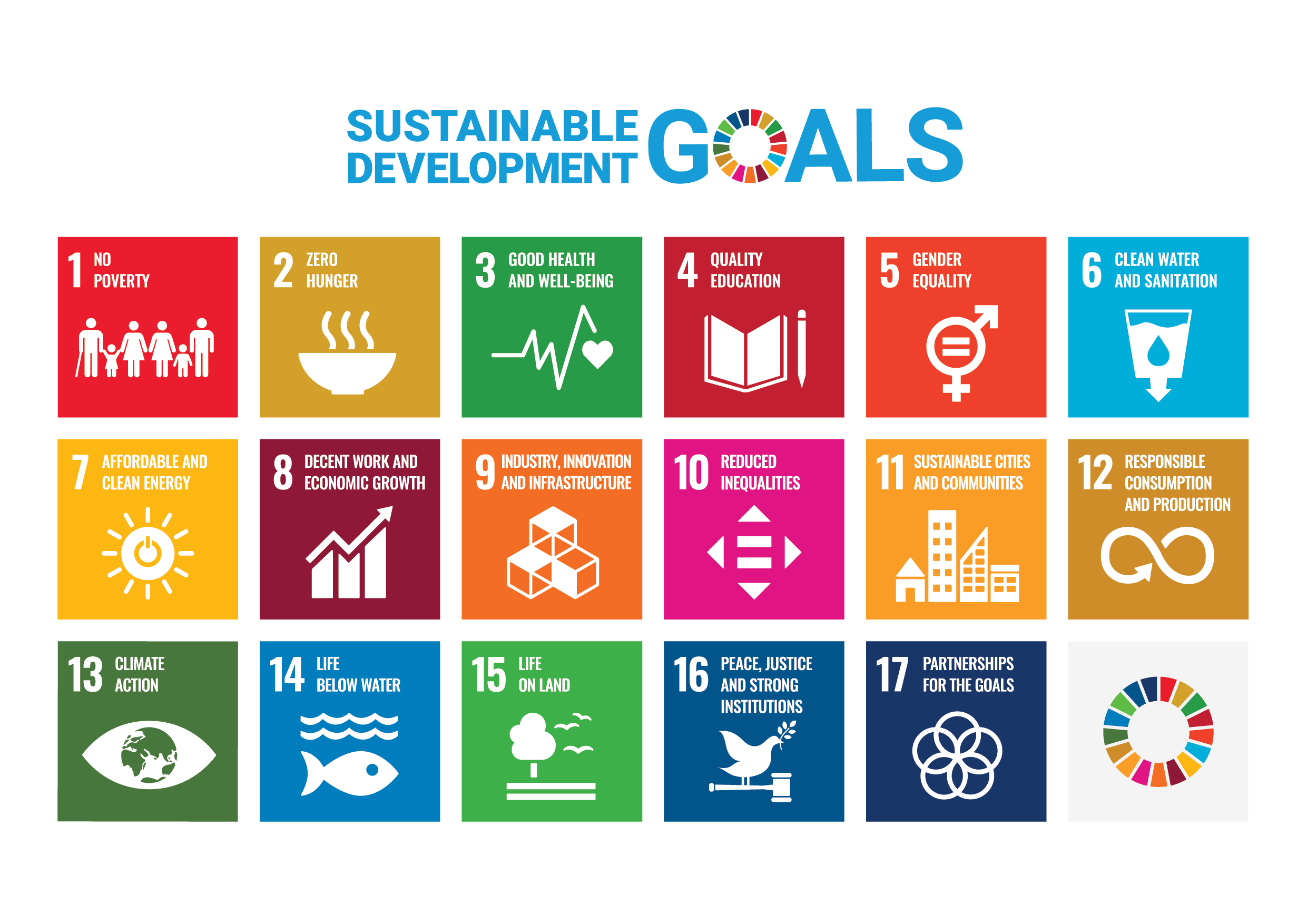The key role of Citizen Science toward the achievement of SDGs
by T6 Ecosystems
Recent analysis suggests that even though citizen science (CS) has enormous potential to contribute to the UN Sustainable Development Goals (SDGs) and national climate targets, it is a method that is currently underused (Fraisl et al. 2020). West and Pateman (2017) investigated how CS approaches could contribute to defining, monitoring, and implementing SDGs at the target level. Fraisl et al. (2020) provided a more extensive analysis of the current link between CS and SDGs. The authors highlight those areas where CS already contributes to the SDGs, where it has the potential to contribute, and where there are neither actual nor potential links between the two streams nor across the different tiers of SDG targets and indicators. Fritz et al. (2019) presented a roadmap that outlines how CS can be integrated into the traditional SDGs reporting mechanisms. To do it, governments must know how non-traditional data provided by CS projects can be exploited for SDGs’ monitoring (Lammerhirt et al. 2018). One of the main challenges is that CS initiatives act locally while the United Nations develop SDG indicators at a global scale.

Colleagues from Nesta’s Centre for Collective Intelligence Design and T6 are now diving deep into the relationship between CS and SDGs within the IMPETUS project. In particular, this work has been divided into two strands: firstly, an in-depth analysis of how CS can contribute to the monitoring and achievement of the SDGs, and secondly, an investigation of the key drivers for downscaling the SDGs to enable the participatory role of sub-national governments, civil society, and other local stakeholders in monitoring and addressing SDG targets and indicators at the local level. In addition to reviewing the literature and identifying case studies, we have also spoken to a range of experts from relevant organisations (such as the Joint Research Centre, the Global Partnership for Sustainable Development Data, the Stockholm Environment Institute, Leiden University, the International Institute for Applied Systems Analysis, and others) over the last 3 months to gain insights into the link between CS and SDGs, and the key enablers and barriers to CS outputs contributing towards local and national sustainability targets.
This round of expert interviews provided interesting insights, including that a top-down approach to using CS outputs is necessary and awareness needs to be raised about the potential use of CS data in sustainability monitoring. This can be done through creating success stories and best practices or where CS data has been used. However, this is an ongoing process. National statistical offices and governments can also support this by communicating their needs regarding data gaps that CS initiatives could potentially help fill.
When diving deep into the local dimension of the SDGs, two key enablers facilitate the effective contribution of CS to the SDGs: firstly, there’s often a disconnect between the teams implementing CS projects and the institutions setting policy outcomes – meaning that projects aren’t designed to maximise impact on policy-related processes and outcomes. So there is potential for CS projects to assume an intermediary role in facilitating this communication channel and clearly communicating impact. Secondly, the SDG framework is not sufficiently implemented at a local level. There is potential for CS projects to support awareness raising about local and national sustainability targets, including the SDGs, at a local level, which is essential to fostering behavioural change.
Picture credits: Estee Janssens via unsplash.com
Fraisl, D., Campbell, J., See, L., Wehn, U., Wardlaw, J., Gold, M., Moorthy, I., Arias, R., Piera, J., Oliver, J.L., Masó, J. (2020). Mapping citizen science contributions to the UN sustainable development goals. Sustainability Science, 15: 1735-1751, DOI https://doi.org/10.1007/s11625-020-00833-7.
Fritz, S., See, L., Carlson, T., Haklay, M., Oliver, J.L., Fraisl, D., Mondardini, R., Brocklehurst, M., Shanley, L.A., Schade, S., Wehn, U. (2019). Citizen science and the United Nations sustainable development goals. Nature Sustainability, 2(10): 922-930, DOI https://doi.org/10.1038/s41893-019-0390-3.
Lämmerhirt, D., Gray, J.,Venturini, T., Meunier, A. (2018). Advancing Sustainability Together? Citizen-Generated Data and the Sustainable Development Goals. Available at SSRN: https://ssrn.com/abstract=3320467 or http://dx.doi.org/10.2139/ssrn.3320467.
West S, Pateman R (2017) How could citizen science support the Sustainable Development Goals? Stockholm: SEI. Available from: https://www.sei.org/mediamanager/documents/Publications/SEI-2017-PB-citizen-science-sdgs.pdf



